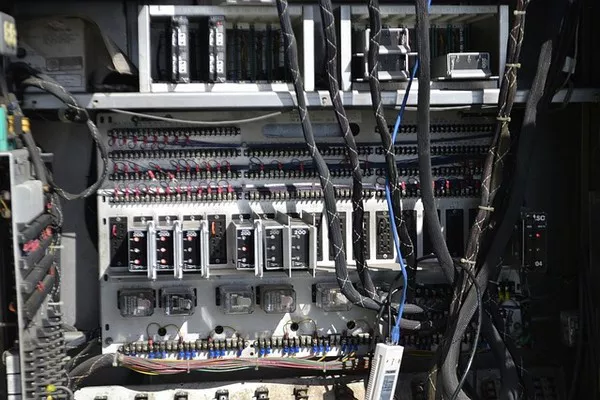Texas Instruments (TI) and Delta Electronics are collaborating to develop more efficient components for electric vehicle (EV) charging systems. This partnership aims to optimize the power density, size, and performance of onboard chargers and DC/DC converters, addressing the growing demand for faster and more efficient EV charging solutions.
Aiming for Efficiency in EV Charging
The collaboration leverages TI’s advanced semiconductor technology to enhance Delta’s charging systems. The goal is to create smaller and more efficient DC/DC converters and onboard chargers that can meet the high demands of modern electric vehicles. These improvements are crucial as automakers seek industry-leading device efficiency for converting alternating current (AC) to direct current (DC), essential for vehicle-to-grid and vehicle-to-home applications.
Enhancing Onboard Chargers
Onboard chargers convert AC power from public charging stations or home devices like Tesla’s Wall Connector to DC power stored in battery electric vehicles (BEVs). Increasing the power rating of these chargers is key to extending driving range, a significant concern for consumers. With the market shifting towards higher battery voltages (from 400 V to 800 V), there’s a growing trend to use high-density silicon carbide (SiC) and gallium nitride (GaN) devices, which offer faster charging times compared to conventional insulated-gate bipolar transistors.
TI’s Contribution to Charging Technology
In the partnership’s initial phase, TI’s new C2000 real-time microcontrollers and active electromagnetic interference filters will be utilized to reduce the size of Delta’s 11 kW onboard charger by 30% and achieve up to 95% power conversion efficiency. Delta’s existing onboard charging modules already deliver 93% output power efficiency, with options ranging from 3.3 kW to 22 kW.
Reducing Size and Increasing Efficiency
Delta and TI will work on downsizing Delta’s 400 V and 800 V DC/DC converters, which currently offer 94-95% efficiency. These converters are essential for charging EV battery packs efficiently while minimizing weight and size. The collaboration aims to produce highly efficient converters that meet the growing demand from automakers for compact and lightweight solutions with reduced electromagnetic interference.
Advancing Power Capabilities and Safety
Delta anticipates that TI’s C2000 microcontrollers will enhance the safety and reliability of EV electrical systems. These microcontrollers are certified to meet ASIL D, the highest functional safety classification level, and incorporate over 300 safety mechanisms to ensure diagnostic coverage and minimize interference between components.
Future Prospects with GaN Technology
The partnership’s future phases involve developing next-generation automotive power products using TI’s GaN technology expertise. Delta has already integrated SiC semiconductor technology into its new 500 kW DC fast-charging system for buses and trucks, capable of delivering 460 kW power in two hours, sufficient for a full day’s driving range.
Conclusion
The collaboration between Texas Instruments and Delta Electronics represents a significant step forward in EV charging technology. By combining TI’s semiconductor advancements with Delta’s expertise in power electronics, the partnership aims to deliver more efficient and compact solutions that will support the growing EV market and meet the increasing demand for faster and more reliable charging systems.

